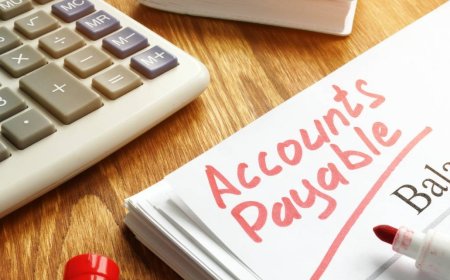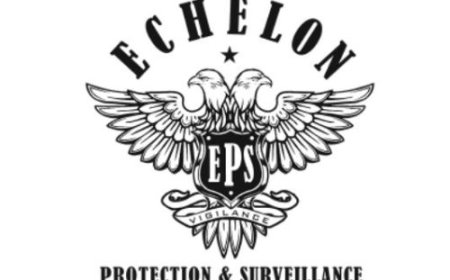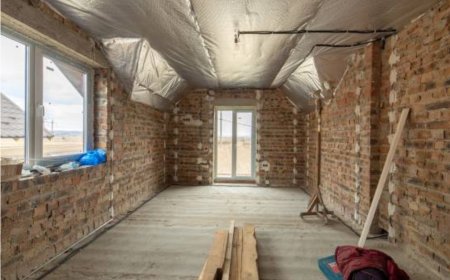What Is the Role of a Medical Biller in a Healthcare Facility?
Discover the essential role of a medical biller in healthcare facilities. Learn about their daily tasks, impact on revenue cycle management, and how they help providers get paid accurately and on time.

What Is the Role of a Medical Biller in a Healthcare Facility?
When you think of healthcare, your mind probably jumps to doctors, nurses, and patients. But behind the scenes, theres another critical player ensuring that the financial side of care runs smoothly: the Medical Biller.
Medical billers are responsible for handling the financial and insurance processes that keep healthcare providers running. Without them, clinics and hospitals wouldnt get paid correctlyor at allfor the services they provide.
Lets explore what a medical biller does, why their role is so vital, and how they support both healthcare providers and patients.
What Does a Medical Biller Do?
A medical biller is a healthcare administrative professional who ensures that:
-
Healthcare providers are paid correctly and promptly
-
Insurance claims are submitted accurately
-
Patients are billed properly for the services they receive
In short, a medical biller acts as a bridge between the provider, the patient, and the insurance company.
Key Responsibilities of a Medical Biller
Heres what the typical day-to-day duties of a medical biller include:
? 1. Reviewing and Translating Medical Records
Medical billers work closely with medical coders (or handle both roles in small settings) to:
-
Review patient charts and treatment notes
-
Ensure the correct CPT, ICD-10, and HCPCS codes are applied
-
Match procedures to diagnoses accurately
? 2. Creating and Submitting Insurance Claims
After coding is complete, the biller:
-
Prepares a claim with all necessary patient and provider information
-
Submits it electronically to the appropriate insurance company
-
Ensures that each claim follows specific payer rules and formats
? 3. Verifying Insurance Coverage
Before claims are even submitted, medical billers often:
-
Confirm patient eligibility and coverage
-
Check for prior authorizations or referrals
-
Determine copay, deductible, and coinsurance responsibilities
? 4. Tracking Claim Status
After submission, billers:
-
Monitor the claim lifecycle
-
Follow up on delayed or rejected claims
-
Resubmit claims when needed
-
Appeal denied claims with supporting documentation
? 5. Patient Billing and Collections
If any portion of the bill isnt covered by insurance, the biller:
-
Sends the remaining balance to the patient
-
May assist with payment plans or clarify billing questions
-
Ensures compliance with fair billing practices
? 6. Managing the Revenue Cycle
Medical billers play a vital role in revenue cycle management (RCM)the process of tracking revenue from the initial patient visit to the final payment.
Their job is to:
-
Reduce delays in payments
-
Minimize claim denials
-
Improve cash flow for the healthcare facility
Why Medical Billers Are So Important
Without efficient billing, even the best medical care can lead to lost revenue and operational issues. Medical billers ensure that providers are paid properly, which supports:
-
Staff salaries
-
Medical equipment purchases
-
Ongoing patient care
They also protect patients from incorrect bills, insurance errors, and unnecessary out-of-pocket costs.
In many ways, medical billers are financial advocatesfor both the provider and the patient.
Where Do Medical Billers Work?
Medical billers can be found in a variety of healthcare settings, including:
-
Private practices
-
Hospitals
-
Outpatient clinics
-
Specialty offices (e.g., dermatology, cardiology)
-
Dental and behavioral health practices
-
Telehealth companies
-
Third-party medical billing firms
-
From home (remote billing jobs)
Skills Every Medical Biller Needs
Successful billers are more than just detail-orientedthey're also tech-savvy and good communicators. Common skills include:
-
Knowledge of billing and coding systems
-
Familiarity with EHRs and billing software
-
Understanding of insurance processes and terminology
-
Strong attention to detail
-
Ability to problem-solve claim issues
-
Communication skills (for talking to insurers and patients)
-
HIPAA compliance awareness
Certification and Training
While not always required, many employers prefer certified billers. Common credentials include:
-
CPB Certified Professional Biller (AAPC)
-
CBCS Certified Billing and Coding Specialist (NHA)
Most training programs take 4 to 12 months, and many are available online. Certification shows employers that you're qualified and committed to high billing standards.
Can Medical Billing Be Done from Home?
Final Thoughts
The role of a medical biller in a healthcare facility is both technical and essential. From insurance claims to patient statements, billers keep the financial gears of healthcare turning smoothly.
They ensure that providers get paid, patients are charged correctly, and claims flow through the system with as few hiccups as possible.
Whether you're exploring a new career path or looking to outsource billing for your practice, remember: a skilled medical biller is more than just a back-office employeetheyre a key part of your healthcare team.






































